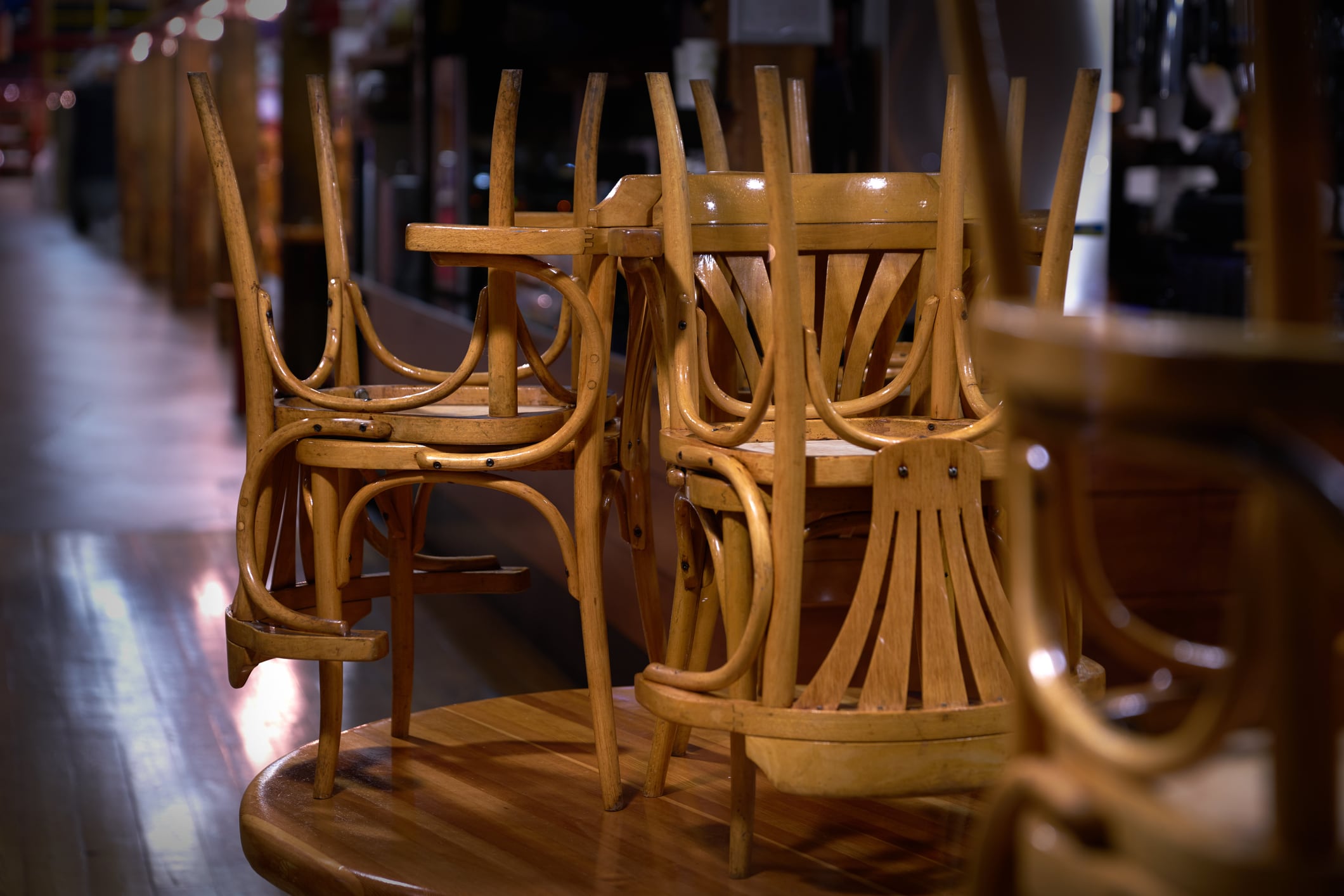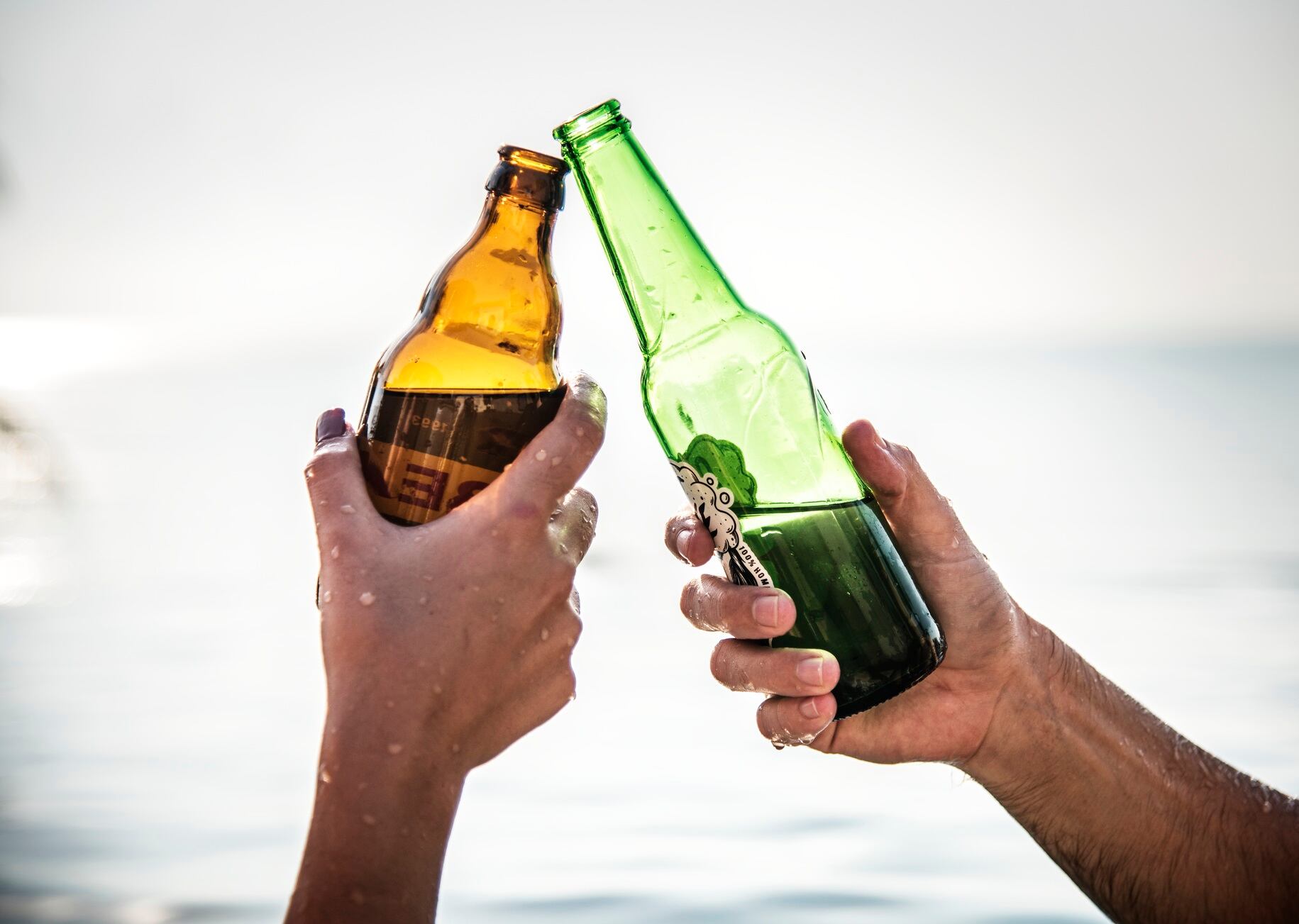China, for example, saw a volume decline of 17% in April – an improvement from the Q1 decline of 46.5%.
“We have been investing in new capabilities for several years to better connect with our customers and consumers by leveraging technology, such as B2B sales and e-commerce platforms, which provide us with a structural advantage in these unique circumstances,” says the brewer.
Q2 will be 'materially worse than Q1'
AB InBev – whose brands include global heavyweights Budweiser, Stella Artois, and Corona - saw the impact of coronavirus increase significantly towards the end of Q1 (January - March). As a result, over the quarter it saw total volume decline by 9.3% and by 3.6% excluding China. Revenue declined by 5.8% while revenue per hl grew by 3.9%.
It expects, however, that the impact on Q2 will be ‘materially worse than in Q1’ – already illustrated by April’s 32% volume decline.
With many products sourced and brewed locally, it says it has not experienced any material disruptions to its supply chain to date. It has, however, converted some of its operations to produce and donate water and three million bottles of hand sanitizer: “we are working closely with local governments and other stakeholders to leverage out scale, capabilities and resources to support the fight against the pandemic.”
The global picture
AB InBev believes that its global footprint will be ‘truly an asset’ at this time: taking its experiences and insights from China and South Korea to develop best practices to share with other operations around the world.
The impact of the pandemic on its business in each of its markets is generally determined by three factors: the stage of the spread of the pandemic; the maturity characteristics of the market (such as the on- and off-premise channel mix); and the extent of social distancing measures adopted by the local government.
Based on these factors, it said it can broadly group its markets into four clusters, facilitating best practice sharing across similar markets.
1) Recovering Markets
The main markets in this cluster are China and South Korea, which are showing “early signs of recovery”. While some channels, such as nightlife, have been more impacted than others, AB InBev reports steady re-openings of many of its customers since mid-March and volume trends are improving sequentially. In China, for example, almost all its wholesalers had resumed operations by the end of March, albeit at lower demand levels. “The recovery rate has consistently improving each week since the beginning of March. We have re-opened all our breweries in China We are working closely with our customers to prepare for a strong summer campaign as consumers continue to resume socialising.”
2) Less Restrictive Developed Markets
This cluster includes markets such as the US, Canada and Western Europe, where the off-premise channel represents the majority of AB InBev’s sales. They continue to practice social distancing, resulting in the effective shutdown of the on-premise channel. AB InBev has seen an uplift in sales in the off-premise channel as consumers prepared to enjoy products at home – “though it is too early to determine the sustainability of this trend”. It says it will use its learnings from the recovering markets to best service the off-premise channel, including through ecommerce, and to support the on-premise channel once it begins to reopen during recovery.
3) Less Restrictive Developing Markets
In these markets, such as Brazil and Colombia, AB InBev’s operations continue under strict social distancing. It has seen a significant impact to its volumes given the relevance of the on-premise channel, which is predominately closed. “One of our key priorities is to develop programs to support our on-premise channel and our traditional trade partners so they may succeed once again following this crisis.”
4) More Restrictive Developing Markets
In markets such as Mexico, South Africa and Peru, brewery operations have been severely restricted. “We continue to work with governments in this fast-changing environment and are doing our part in the fight against COVID-19. We look forward to resuming our operations when appropriate.”
Growth in ecommerce
AB InBev says it has already been investing in new capabilities, enabled by technology, to better connect with its customers and consumers for several years.
“These initiatives are more relevant now than ever before. Growing trends, such as digital sales, e-commerce and online marketing, have accelerated dramatically in recent months. In many of our markets, our customers can place orders online through our B2B and marketplace platforms, which were established and enhanced in recent years.
“Our Direct-to-Consumer e-commerce platforms, such as Zé Delivery in Brazil, Beer Hawk in the UK and Saveur Bière in France, are gaining significant traction, as are our partnerships with third party home-delivery platforms.
“We are also activating the power of our brands to connect with our consumers in their homes. For example, we have developed unique activities to support social distancing measures, including Michelob Ultra’s at-home fitness programs in the US, Budweiser’s e-clubbing partnerships in China and Brahma’s virtual country music concert series in Brazil, which had over three million viewers during its first live show.
“We believe that the strong foundations we have built provide us with an advantaged position to capture the growth from these evolving trends.”




